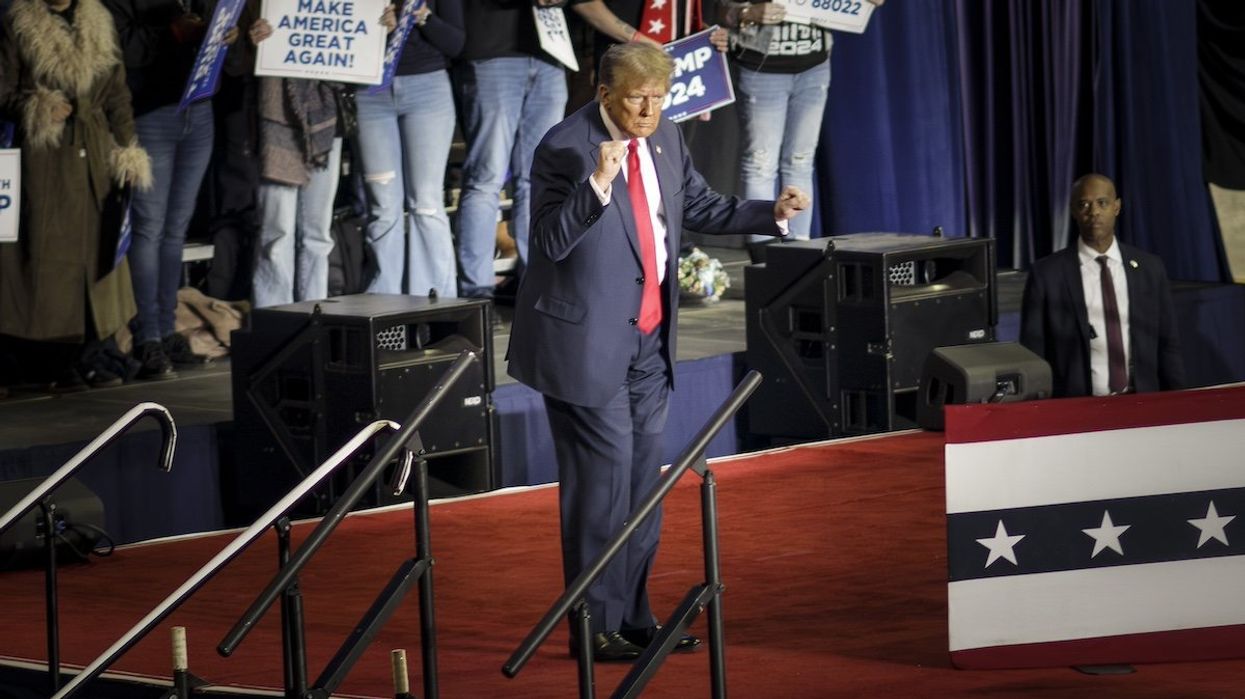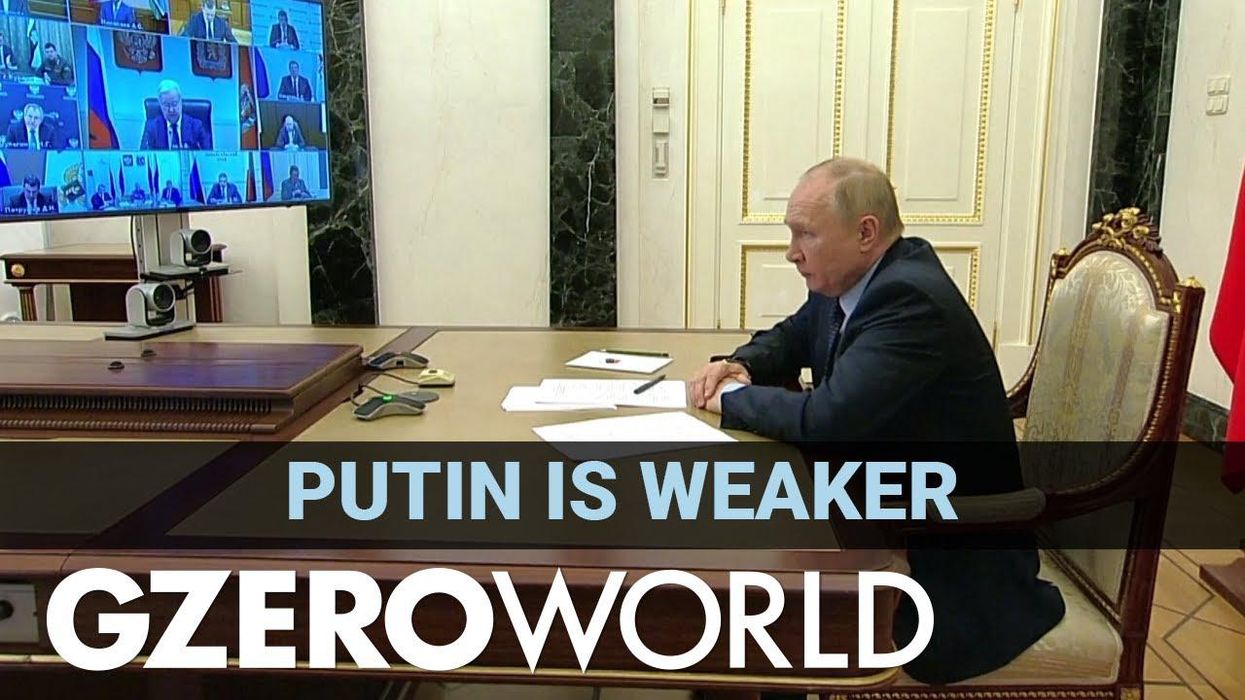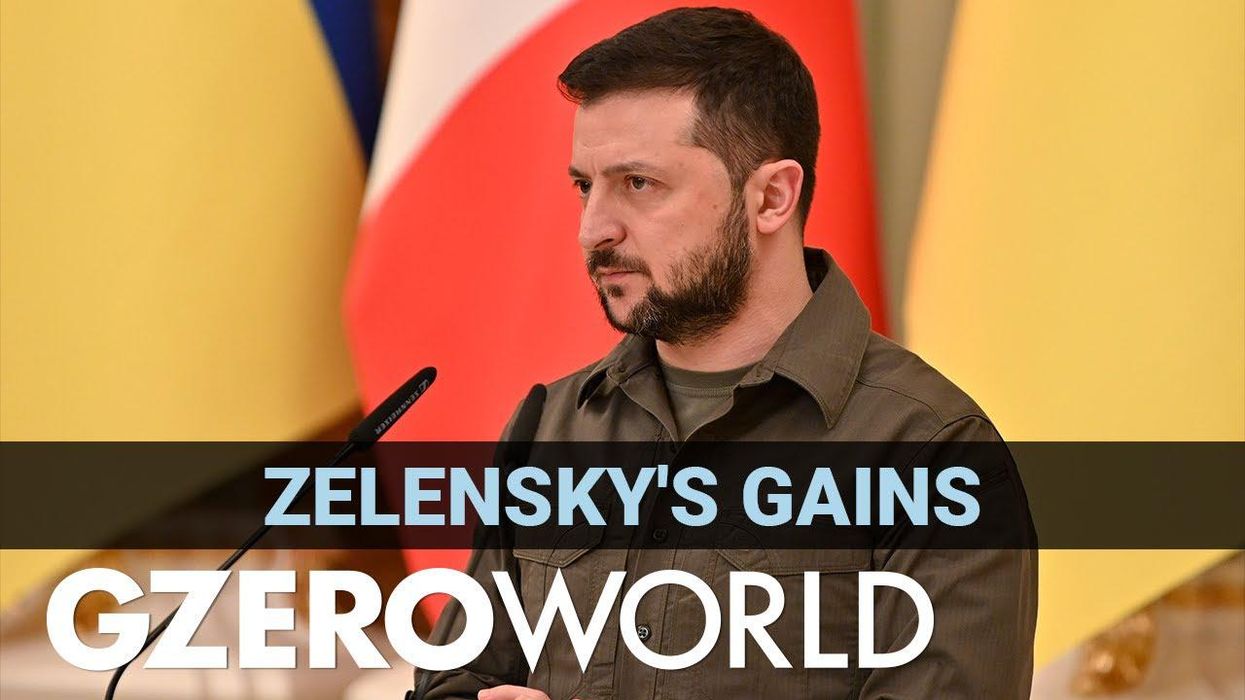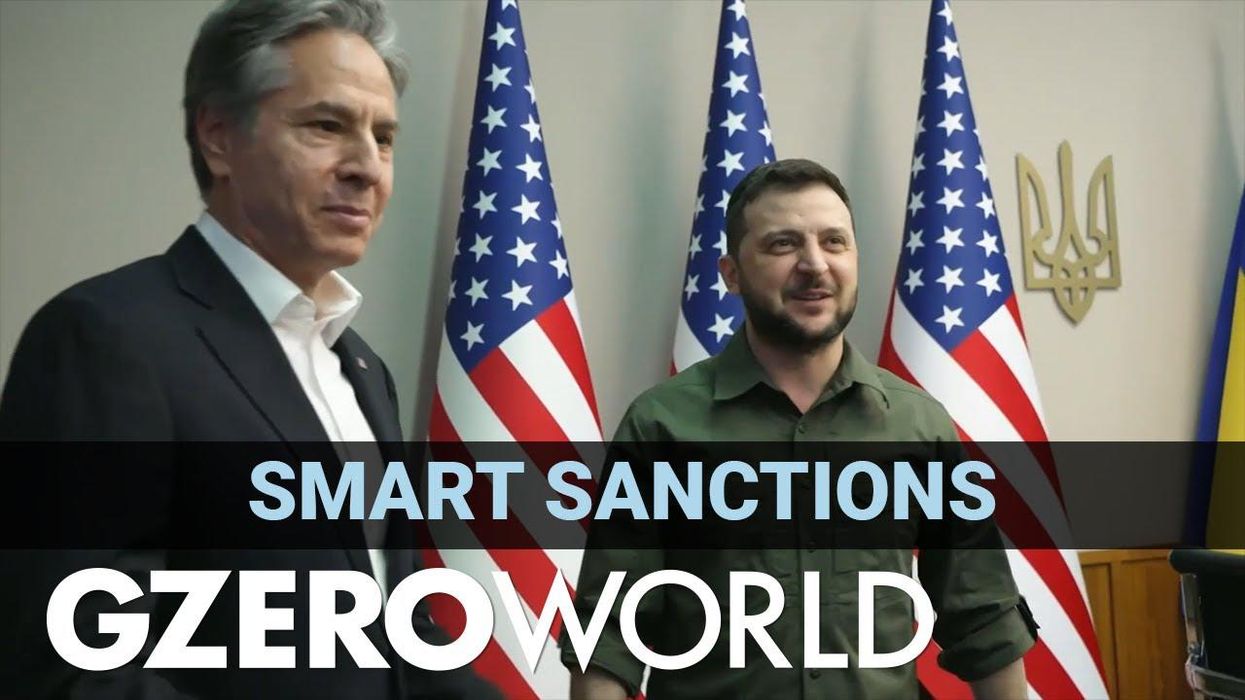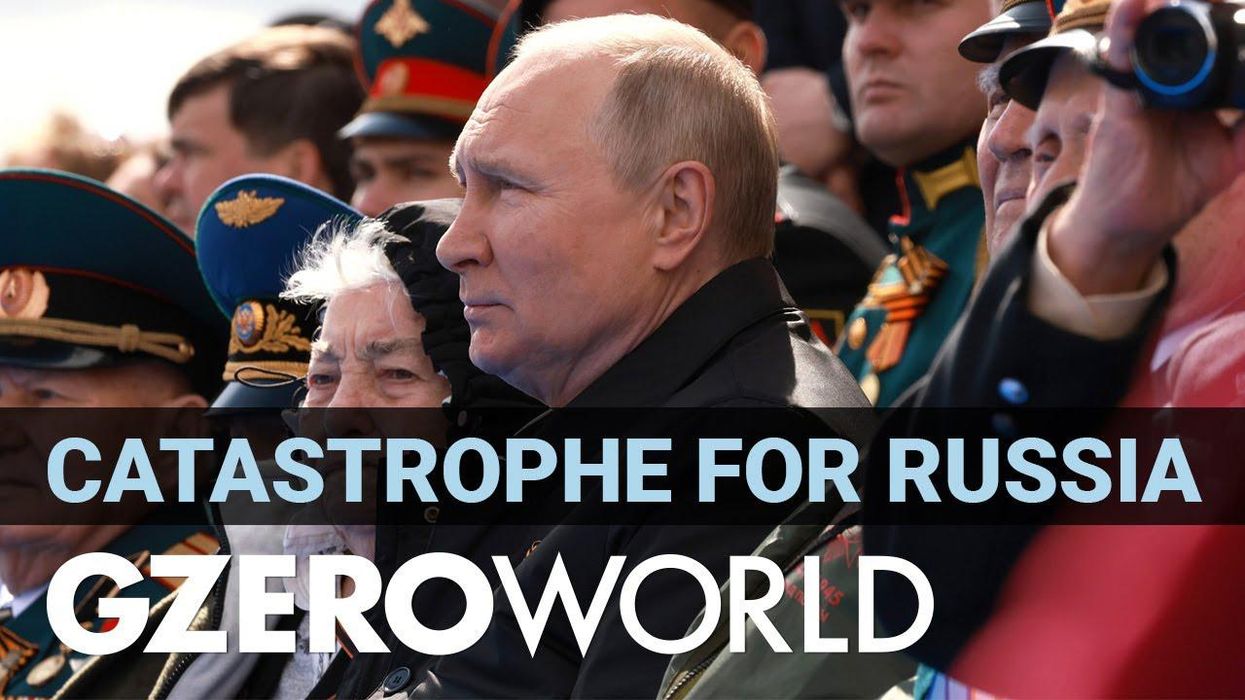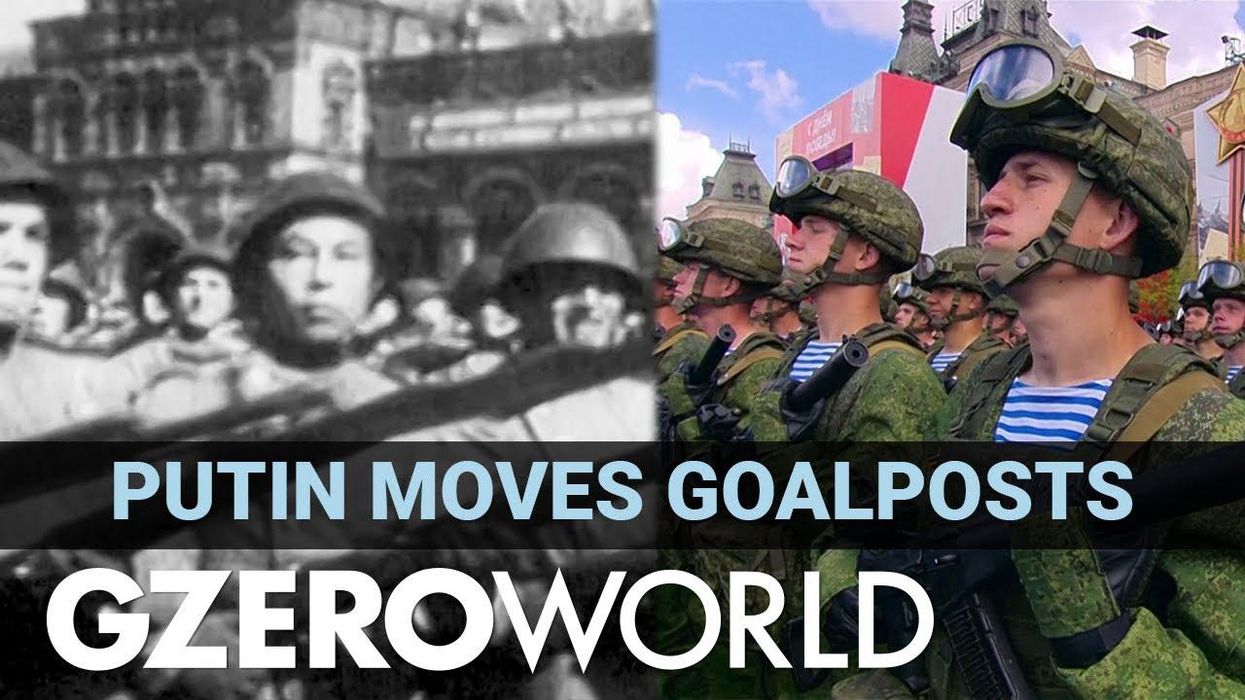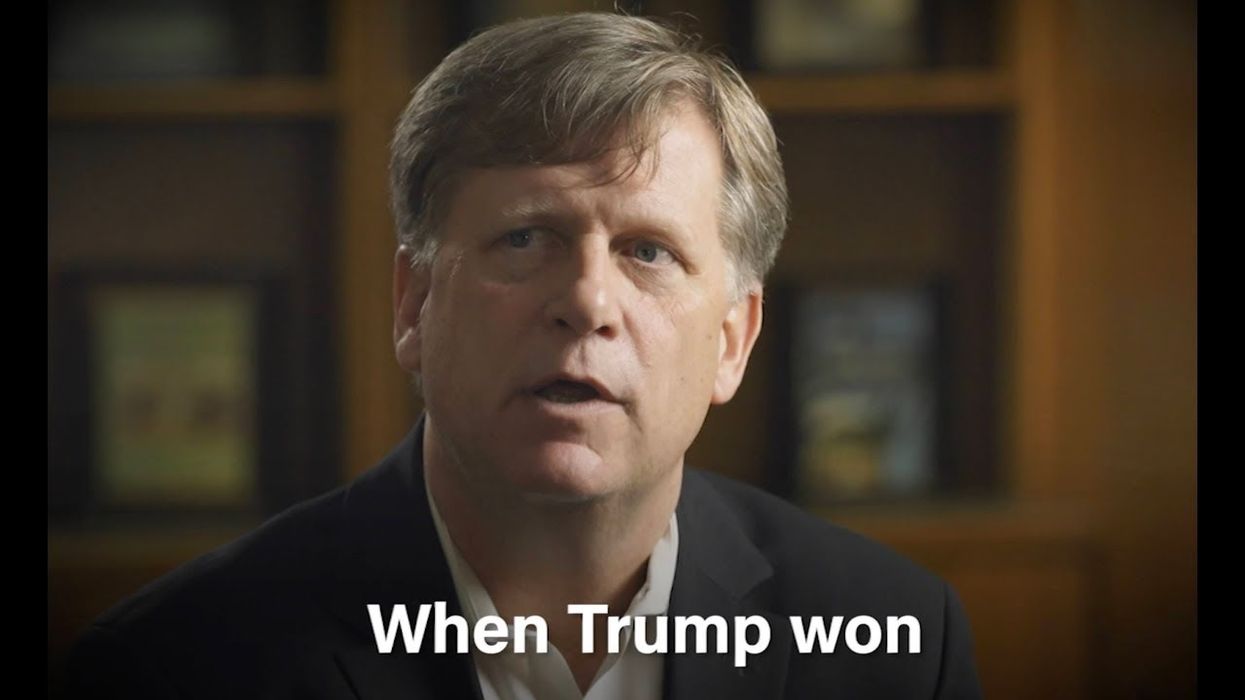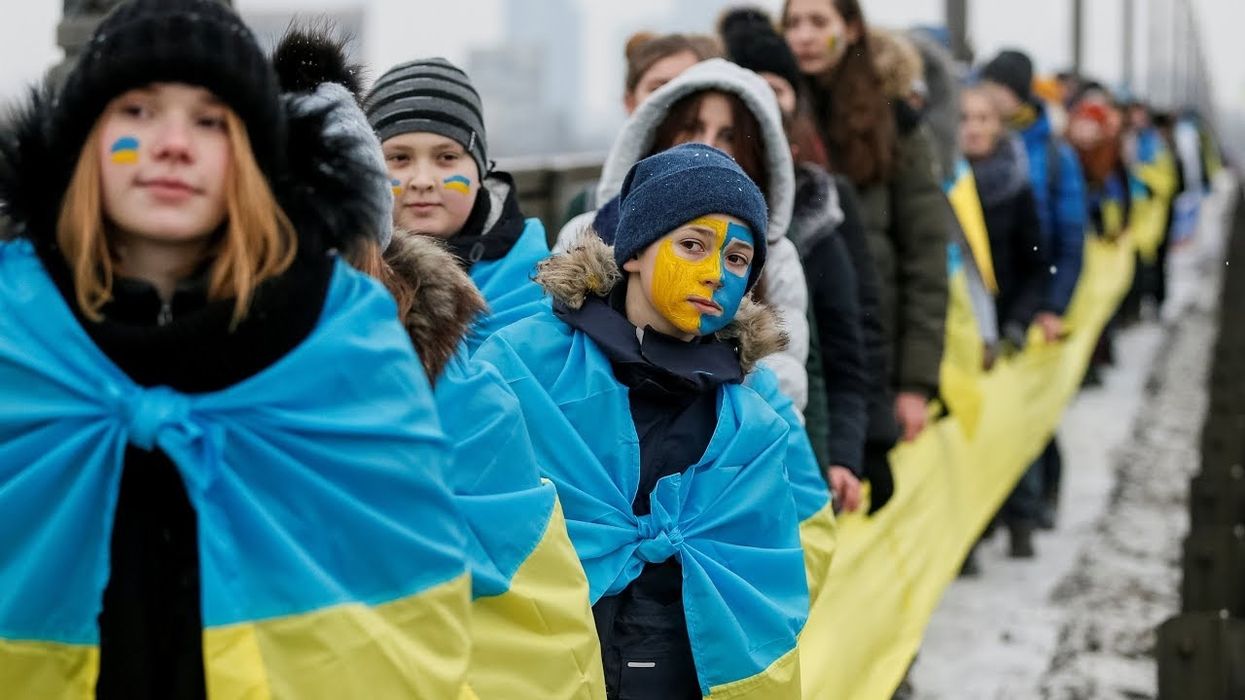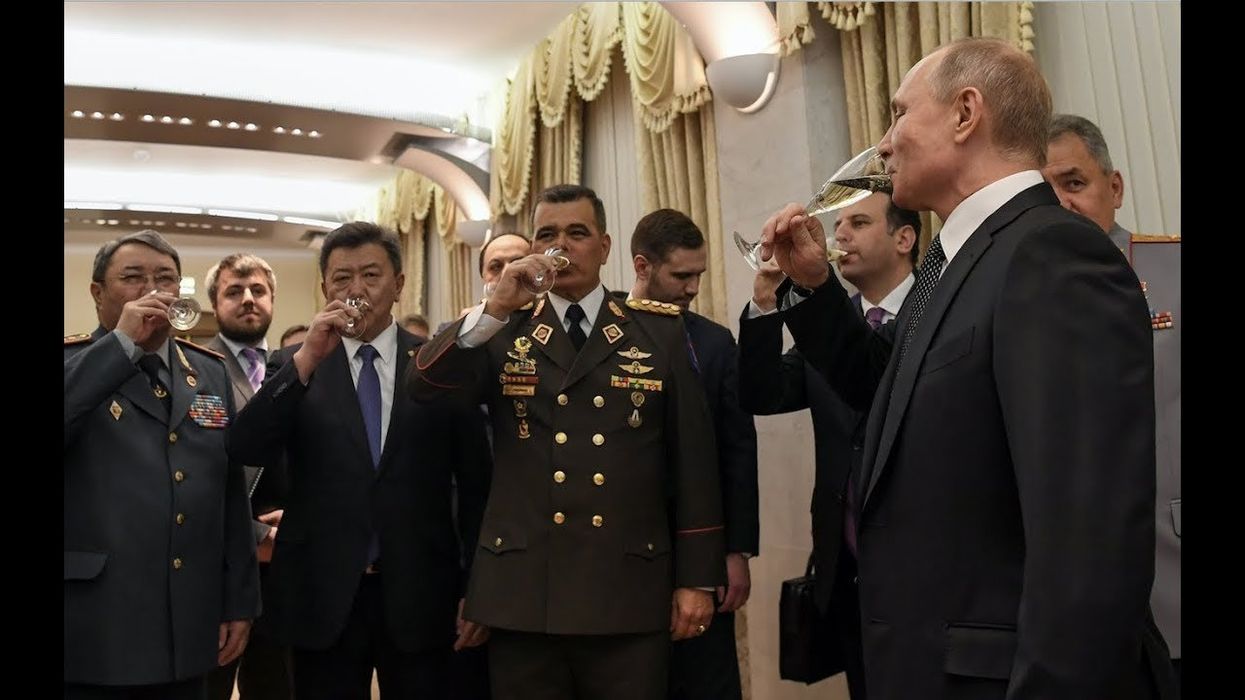Editor's Picks
For China, Russia, and Israel, patience is a virtue in 2024
In January, Taiwan elected pro-independence candidate William Lai and, despite warnings, China’s response has been restrained, possibly influenced by Beijing’s belief that the leading US presidential candidate may treat Taiwan like a “discarded chess piece.”
Feb 04, 2024
